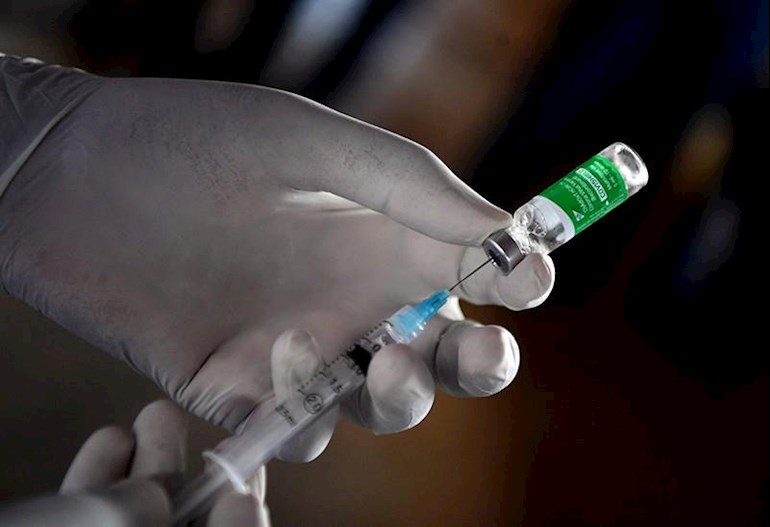From Nature 1st April 2021
In mid-March, several European countries paused distribution of the COVID-19 vaccine made by the University of Oxford, UK, and the pharmaceutical firm AstraZeneca, following reports that some people had developed blood-clotting disorders after receiving the jab.
The decisions were based on a group of around 20 million vaccinated people in the United Kingdom and European Union, 25 of whom experienced serious blood clots associated with lowered platelet counts, resulting in 9 deaths. However, a review of the cases by the European Medicines Agency (EMA) could not say definitively whether the reported cases were linked to the AstraZeneca vaccine, and concluded that the benefits of the vaccine outweigh any risk. The countries have since resumed vaccinations, although Germany has stopped giving the vaccine to those under 60 after its own safety-monitoring systems reported 31 severe blood clots in a group of 2.7 million vaccinated people.
These events illustrate how fiendishly challenging it is to prove that a medical problem following immunization — known as an adverse event — was caused by the vaccine itself. Public-health officials must strike a “delicate balance” when communicating the risk of rare side effects alongside the dangers of severe COVID-19, says vaccinologist Kathryn Edwards at Vanderbilt University School of Medicine in Nashville, Tennessee. Physicians worry about fuelling anti-vaccine movements that are already increasing vaccine hesitancy in some communities. At the same time, it is important not to dismiss the potential for rare but severe side effects until researchers can establish causality, a process that can take years.
To investigate the link, researchers conduct studies to determine the rate of adverse events in vaccinated populations compared with the probability that they occur by chance in people who haven’t received the vaccine. They also need to determine the mechanism that could have caused the reaction.
Even the largest clinical trials are not designed to detect extremely rare side effects, which might occur in fewer than one case per 10,000 vaccinations. Because hundreds of millions of people are now being vaccinated against COVID-19, it makes sense that even very rare events — such as severe allergic reactions or blood clots — will start to appear in safety reports, Bastian says. The challenge now is to work out which of these events are actually linked to the vaccine.
Currently in the UK the advice is to get the covid vaccine as the benefits far outweigh the potential risks but, as always, it is best to discuss your own individual risk with your doctor.
More here: nature.com/articles/d41586-...
Jackie

